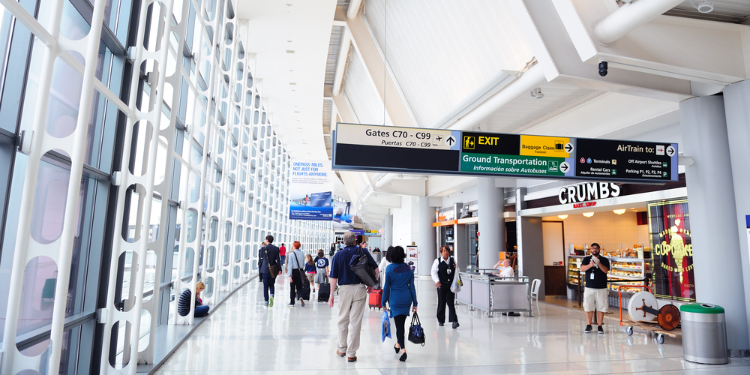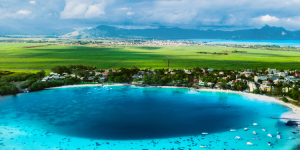
The end of the "Travel ban" has finally come. After being closed for a year and a half, the United States is reopening its borders in early November 2021. This is another sign, for expatriates and international travellers, that things are slowly getting back to normal, but with certain control. For now, only fully vaccinated people will be able to travel.
Which countries does this imply?
The announcement caused a stir. On September 20, Jeff Zients, Advisor to President Biden and Pandemic Coordinator, signed an agreement on the end of the “Travel Ban”. However, the end of restrictions is not meant for everyone. Currently, this applies to India, China, Brazil, South Africa, and Schengen countries, but not to Mexico and Canada, where non-essential travel is only permitted for non-US nationals from these countries. According to the White House, these measures will be in force until October 21. After that, any changes will depend on whether the situation improves or not.
The reopening of US borders is a big relief for thousands of families that have been separated since March 2020. Since then, the “Travel ban” has had devastating social and human consequences. While European countries lifted restrictions on fully immunized American travellers last spring, the United States has never reciprocated. In the United States, too, people have been questioning these restrictions and their impact on the economy. According to the New York Times, the "Travel ban" has cut off more than 89,000 jobs in New York City alone -- which accounts for a loss of about $ 60 million.
What are the conditions for travelling to the United States?
International travellers have to be fully vaccinated against Covid-19 and have a supporting vaccination certificate to be allowed into the US. But the White House has not yet specified which vaccines will be approved. Until now, the United States Food and Drug Administration recognizes only three: Pfizer / BioNTech, Moderna, and Johnson & Johnson (Janssen). However, many people have received doses of Sinovac or Sinopharm (made in China), Covishield (a version of AstraZeneca made in India), Sputnik (Russia) or European AstraZeneca. Nothing has been said yet about whether these travellers will be allowed on the US territory. European Commissioner Thierry Breton nevertheless wants to be reassuring, following his exchange with Jeff Zients: “He told me that their health agency was going to decide for other vaccines, for AstraZeneca in particular, but he seemed positive and optimistic". The information has also been published in the New York Times: "Those who have received vaccines listed for emergency use by WHO, such as AstraZeneca, would also be considered fully vaccinated," said Thomas Skinner, a spokesperson for the CDC.
In addition to the vaccine, travellers must present a negative PCR test obtained less than 72 hours prior to travel and wear a mask. For better tracking, the American Center for Disease Control and Prevention (CDC) authorizes airlines to collect information on passengers. All travellers have to provide their phone number and email address.
Non-vaccinated travellers
Infants under two years of age should have a special compulsory authorization, have a medical check-up and a temperature check to confirm the absence of any Covid-19 symptoms. Children who are at least two years old will need a negative PCR test obtained within 72 hours prior to travel. Those who are old enough to be vaccinated have to produce their vaccination certificate. More information will follow, especially regarding people who cannot get vaccinated due to medical contraindication.
End of quarantine?
In most states, quarantine and curfew no longer apply. Air travel has also been reestablished between most of them. However, the US government recommends that every traveller self-isolates for at least seven days, with a new PCR test 3-5 days after arrival, to confirm the absence of symptoms. They are also advised to check with their consulate in the State where they are travelling for the latest updates. Wearing a mask is compulsory. In practice, each State decides whether or not to lift certain restrictions or obligations (the compulsory wearing of masks in closed spaces, in restaurants, outdoors, etc.). Most places, especially tourist attraction sites, have reopened, but here again, you should check with them individually.
The reopening of US borders marks a new step in the fight against Covid-19. While we cannot expect a return to pre-Covid-19 times, the new normal is being accepted gradually. For economic reasons, the different States are doing their best to enhance free movement.



















